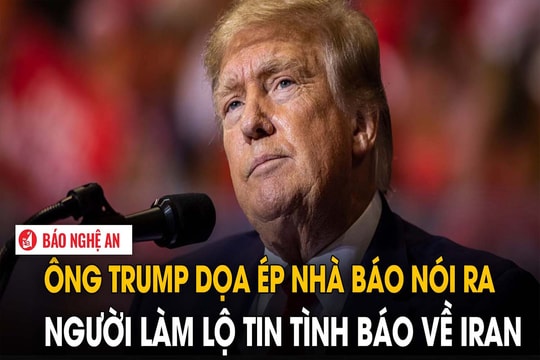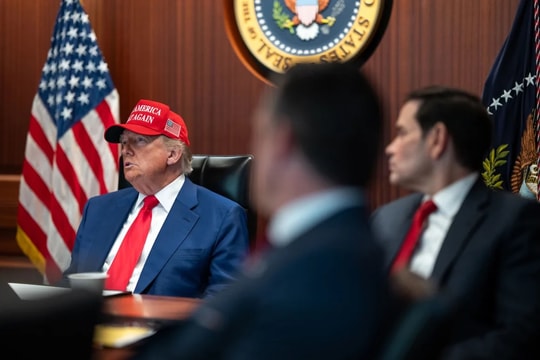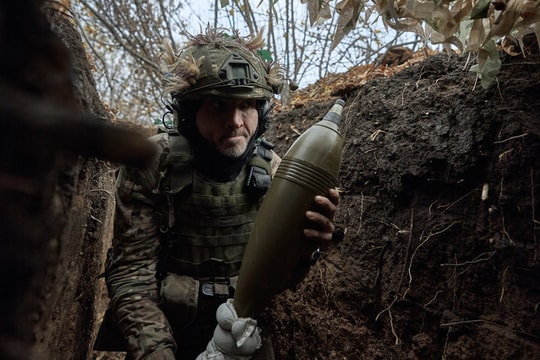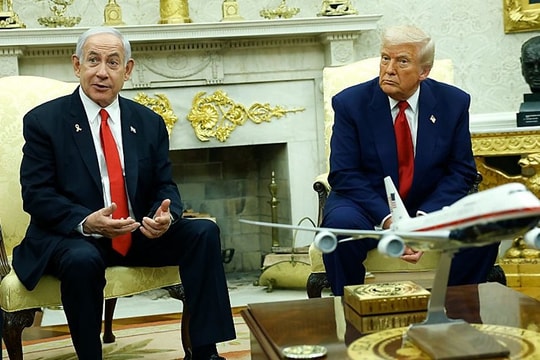Britain suspends intelligence sharing with the US
Britain's suspension of intelligence sharing with the US marks a significant rift between the close allies.
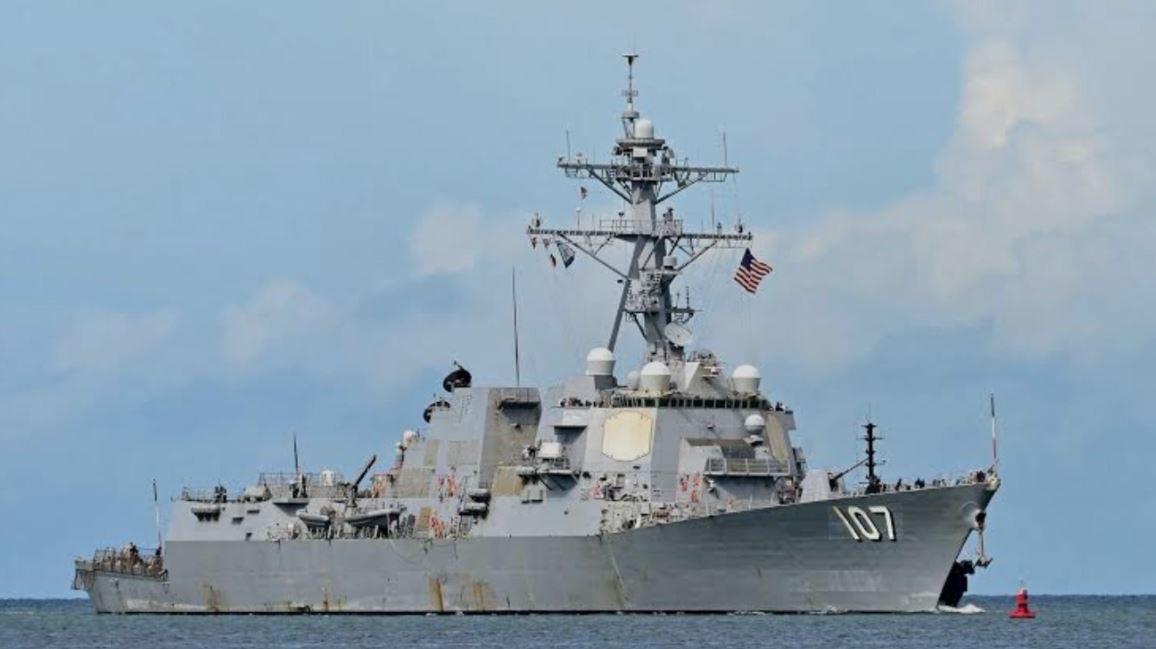
The UK has stopped sharing intelligence with the US on suspected drug-smuggling vessels in the Caribbean, sources familiar with the matter told CNN, citing concerns that doing so could make the UK an “accomplice” in US military strikes that London says violate international law.
The decision marks a significant rift between Britain and its closest ally, the United States, and reflects growing skepticism about the legitimacy of the US military campaign in Latin America.
For years, Britain, which controls several Caribbean territories where intelligence facilities are located, has helped the US locate suspected drug vessels, which the US Coast Guard intercepts. Typically, the vessels are stopped, searched, the crew arrested, and the drugs seized.
This intelligence is routinely sent to the Interagency Task Force South, a Florida-based unit made up of representatives from several partner nations tasked with coordinating efforts to reduce illegal drug trafficking.
However, after the US began carrying out airstrikes on maritime targets in September, Britain became concerned that Washington could use British intelligence to select targets. British officials believe the US strikes, which killed 76 people, violated international law, sources told CNN. The intelligence-sharing freeze began more than a month ago.
The UN High Commissioner for Human Rights, Volker Türk, also said last month that the airstrikes violated international law and constituted “extrajudicial killings.” The UK, the source said, agreed with this view.
The British Embassy in Washington and the White House declined to comment, while a Pentagon official told CNN that the US Department of Defense “do not discuss intelligence matters”.
The White House has repeatedly asserted that all of the administration's actions "fully comply with the Law of Armed Conflict," a branch of international law designed to prevent attacks on civilians.

